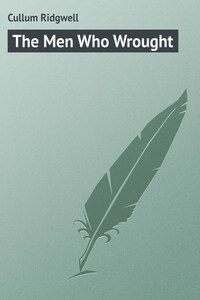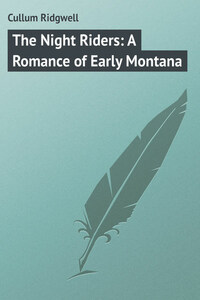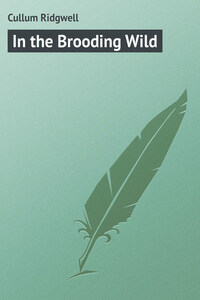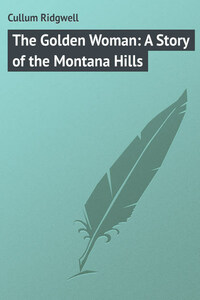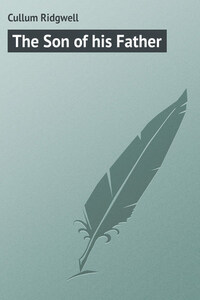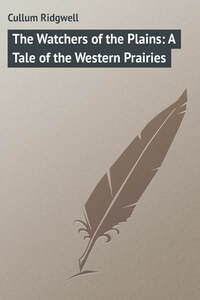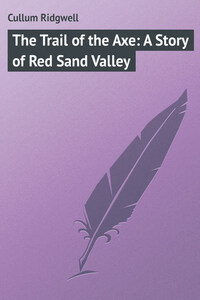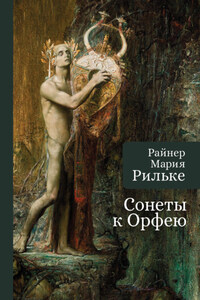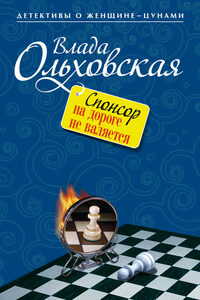"Amongst the many uncertainties which this deplorable, patched-up peace has brought us, there is, at least, one significant certainty, my boy. It's the inventor. He's buzzing about our heads like a fly in summer-time, and he's just about as – sticky."
Sir Andrew Farlow sighed. His sigh was an expression of relief; relief at the thought that he and his son, dining together at Dorby Towers for the first time since the dissolution of Parliament had released the latter from his political duties, had at last reached the end of a long discussion of the position brought about by the hopelessly patched-up peace, which, for the moment, had suspended the three years of terrible hostilities which had hurled the whole of Europe headlong over the precipice of ruin.
The great ship-owner toyed with the delicate stem of his liquor glass. There was a smile in his keen blue eyes. But it was a smile without lightness of heart to support it.
"Yes, I know. They've been busy enough throughout the war – and to some purpose. Now we have a breathing space they'll spread like a – plague."
Ruxton Farlow sipped his coffee. The weight of the recent discussion was still oppressing him. His mind was full of the appalling threat which the whole world knew to be overshadowing the future.
The dinner was drawing to its close. The butler, grown old in Sir Andrew's service, had finally withdrawn. The great Jacobean dining-hall of Dorby Towers, with its aged oak beams and beautifully carved panelling, was lost in the dim shadows cast by the carefully shaded table lights. Father and son were occupying only the extreme end of the dining-table, which had, at some far-distant age, served to bear the burden of the daily meals of half a hundred monks. There were no other lights in the room, and even the figures of the two diners were only illuminated by the reflected glow from the spotless damask on the table, a fashion to which the conservative habits of the household still ardently clung. It was a fitting setting for such a meeting as the present.
Sir Andrew Farlow, Baronet, was one of the greatest magnates of shipping and ship-building in the country, and was also one of the greatest sufferers by the German submarine warfare during the late war. His extreme wealth, and the fact of the enormous Government contracts in his ship-building yards, had left him practically immune from the consequences of his losses, but the losses to his fleet had been felt by the man, who was, before all things in the world, a shipmaster.
His son, and only partner, had spent those past three years in the service of his country. Not in the actual fighting line but in the work of organization, an important position which his wealth and capacity had entitled him to.
Sir Andrew pierced and lit a cigar.
"We mustn't ridicule them, though," he said, in his hearty Yorkshire way. "We've laughed at 'em too often in the past. It's a laugh which cost our country a couple of thousand millions, and a world-wide suffering which mankind will never forget." Then his manner lightened. "Henceforth the inventor must be to us a rare and precious orchid. We must spend hundreds of thousands of pounds on him, the same as I spend thousands on my orchid houses. I count myself well repaid if I succeed in raising one single perfect bloom on some rare plant. That is, if my rivals have failed with the same plant. The inventor is the orchid of modern civilization, and the perfect blooms he produces are very, very precious and – rare."
"You are thinking of those diabolical engines of destruction which were prepared for this war."
Ruxton helped himself to a cigar.
"On the contrary, I am thinking of the defence, not the offence, of this old country of ours."
The younger man nodded as he lit his cigar.
"That is it. We must prepare – prepare. We have only a breathing space for it."
"There must be no more slumbering."
"And no more sacrificing the country to self-seeking demagogues."
"Yes, and no more slavery to Party prejudices, as antique as the timbers of this house."
"Nor the knaveries of men who seek power through dividing the country into classes, and setting each at the other's throat."
"Nor must we ever again allow the nation's security, economic or military, to be hurled into the cockpit of Party politics."
"Gad! It makes me shiver when I think how near – how near – "
"We were to destruction," added Sir Andrew gravely.
It was again a moment of intense thought. Each man was regarding from his own view-point that intangible threat inspired by the unsatisfactory termination of the war, which left the Teutonic races in a position to brew further mischief with which to flood the world.
The pucker of thought, the drawn brows, completed the likeness of Sir Andrew Farlow to England's national symbolic figure. His broad shoulders and shortish figure; his round, strong, Yorkshire face, with its crowning of snow-white, curly hair, and the old-fashioned, crisp side whiskers made him a typical John Bull, even in his modern evening dress.
